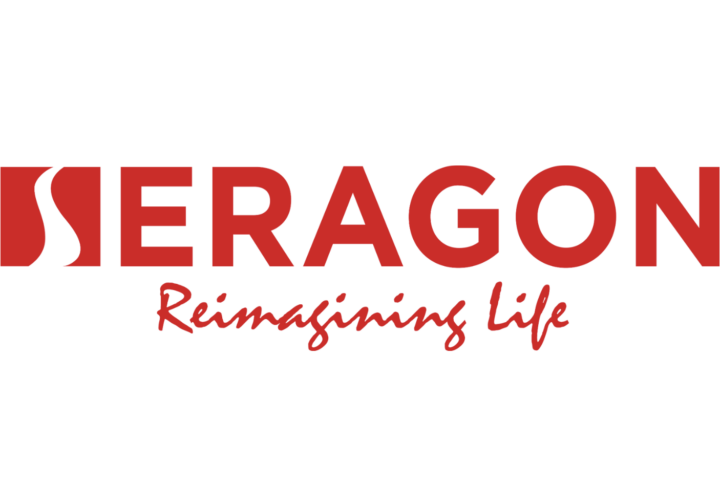Cats have been cherished companions for humans for centuries, offering much more than just affection. Recent studies reveal significant insights into how cats impact human longevity, the role of epigenetic clocks in aging, and how pet ownership improves healthspan, particularly in seniors. This article explores the science behind these phenomena, backed by research and practical examples.
The Science Behind the Bond: Cats and Human Longevity
The relationship between cats and humans extends beyond mere companionship. Studies show that owning a cat can lead to several health benefits, including reduced stress and lower blood pressure, which contribute to a longer, healthier life. For example, a comprehensive study found that cat owners had a 30% lower risk of heart attack or stroke compared to non-cat owners (Springer). This significant reduction is attributed to the calming effect cats have on their owners, which helps mitigate stress—a key factor in cardiovascular health.
Moreover, cats provide a sense of routine and responsibility, which can be particularly beneficial for people living alone. This daily interaction promotes mental well-being and encourages physical activity, both of which are essential for maintaining good health as one ages.
Epigenetic Clocks: Understanding Aging in Cats and Humans
Epigenetic clocks are a critical tool in the study of aging, measuring biological age by examining DNA methylation patterns. Recent studies have developed highly accurate epigenetic clocks for domestic cats. These clocks can also be applied to other species, including humans, demonstrating the conservation of aging processes across mammals (Springer).
In a notable study, researchers applied domestic cat epigenetic clocks to blood samples from cheetahs, lions, and tigers, revealing high correlations between chronological age and DNA methylation age estimates. This research indicates that findings from cat methylation data can likely be extrapolated to humans and other mammals (Springer). This suggests a potential for using epigenetic information from cats to better understand human aging, providing a unique perspective on the biological mechanisms involved.
How Pet Ownership Improves Healthspan in Seniors
Pet ownership, particularly of cats, offers numerous health benefits for seniors. Cats provide companionship, reduce feelings of loneliness, and encourage physical activity—all of which contribute to improved mental and physical health. Research has shown that seniors with pets exhibit significantly lower levels of depression and anxiety, leading to better cognitive function and overall healthspan (Phys Sci Tech).
Cats also play a role in improving cardiovascular health. The act of petting a cat can trigger the release of endorphins, which lower blood pressure and reduce the risk of heart disease. Additionally, the responsibility of caring for a pet can give seniors a sense of purpose and routine, further enhancing their quality of life.
The Emotional Benefits of Cats: Enhancing Quality of Life
The emotional benefits of having a cat are profound. Cats offer unconditional love and comfort, which can be especially valuable during stressful times. They help regulate their owners’ emotions, providing a sense of stability and companionship that can be particularly comforting (Phys Sci Tech).
Research indicates that the bond between cats and their owners can be as strong as that between humans. This deep emotional connection can alleviate feelings of loneliness and provide significant psychological benefits. For example, a study showed that interactions with cats can increase the levels of oxytocin, a hormone associated with bonding and emotional well-being (Phys Sci Tech).
Cats and Genetic Research: Unlocking Human Health Secrets
Cats are not only companions but also valuable models in genetic research. Their genomes share significant similarities with humans, making them ideal subjects for studying genetic diseases and aging. Research on feline genetics has provided insights into diseases such as polycystic kidney disease, which affects both cats and humans. This research holds promise for developing precision medicine approaches that could benefit both species (SciTechDaily).
Cats are also more affordable and easier to work with compared to other animals like primates, making them a feasible option for genetic studies. The ability to clone and create transgenic cats further enhances their value in research, allowing scientists to explore genetic mechanisms and potential treatments for various diseases (SciTechDaily).
The Integral Role of Cats in Human Health and Longevity
The bond between cats and humans is more than mere companionship; it offers substantial benefits to human health and longevity. From reducing stress and improving cardiovascular health to providing emotional support and aiding genetic research, cats play a crucial role in enhancing our quality of life. As we continue to explore this unique bond, the potential for new insights and advancements in health and longevity remains vast.












